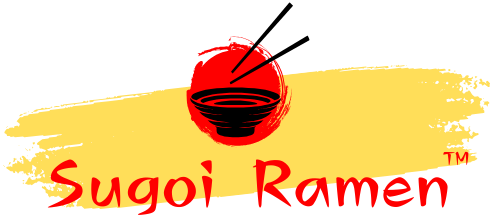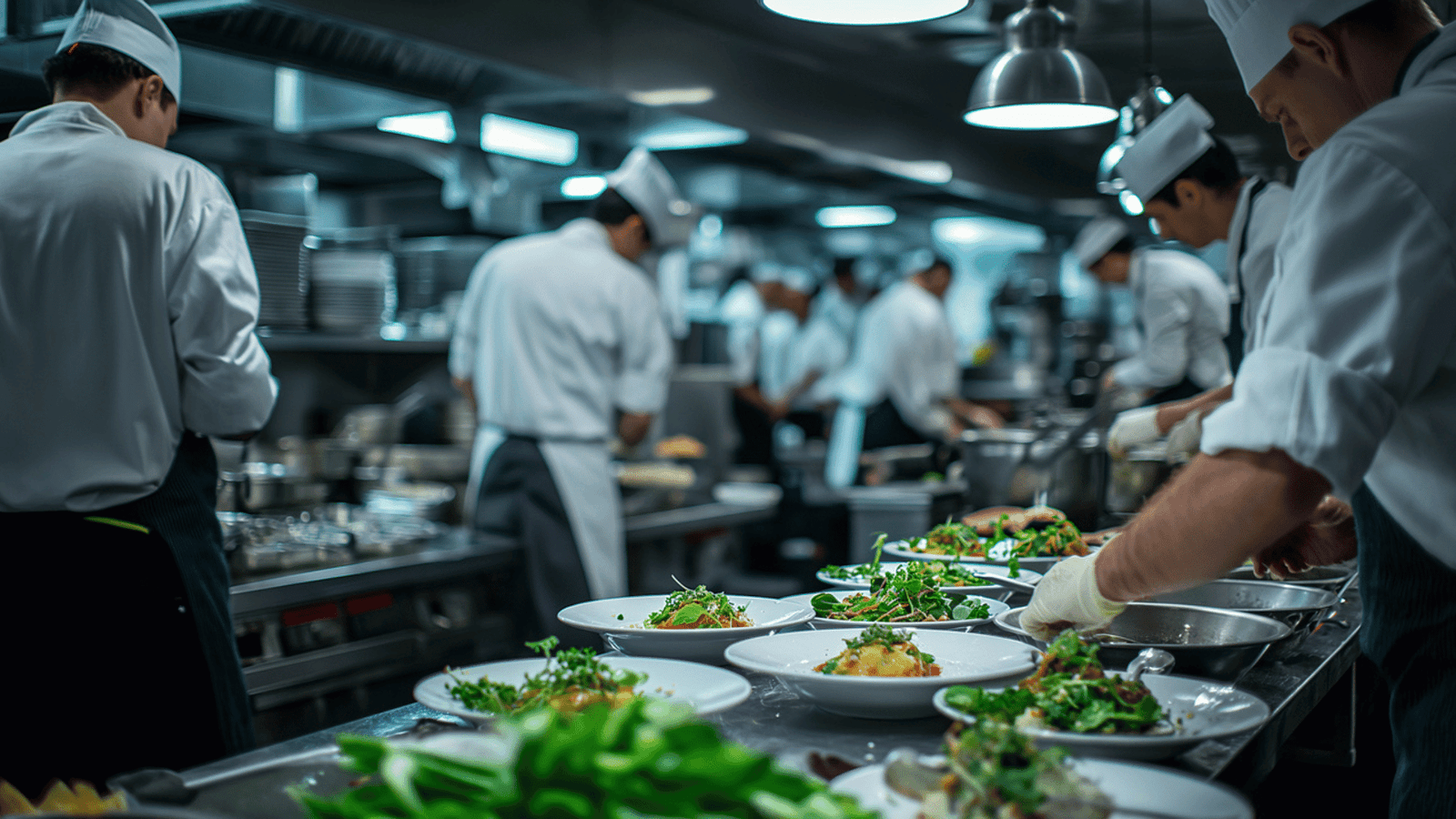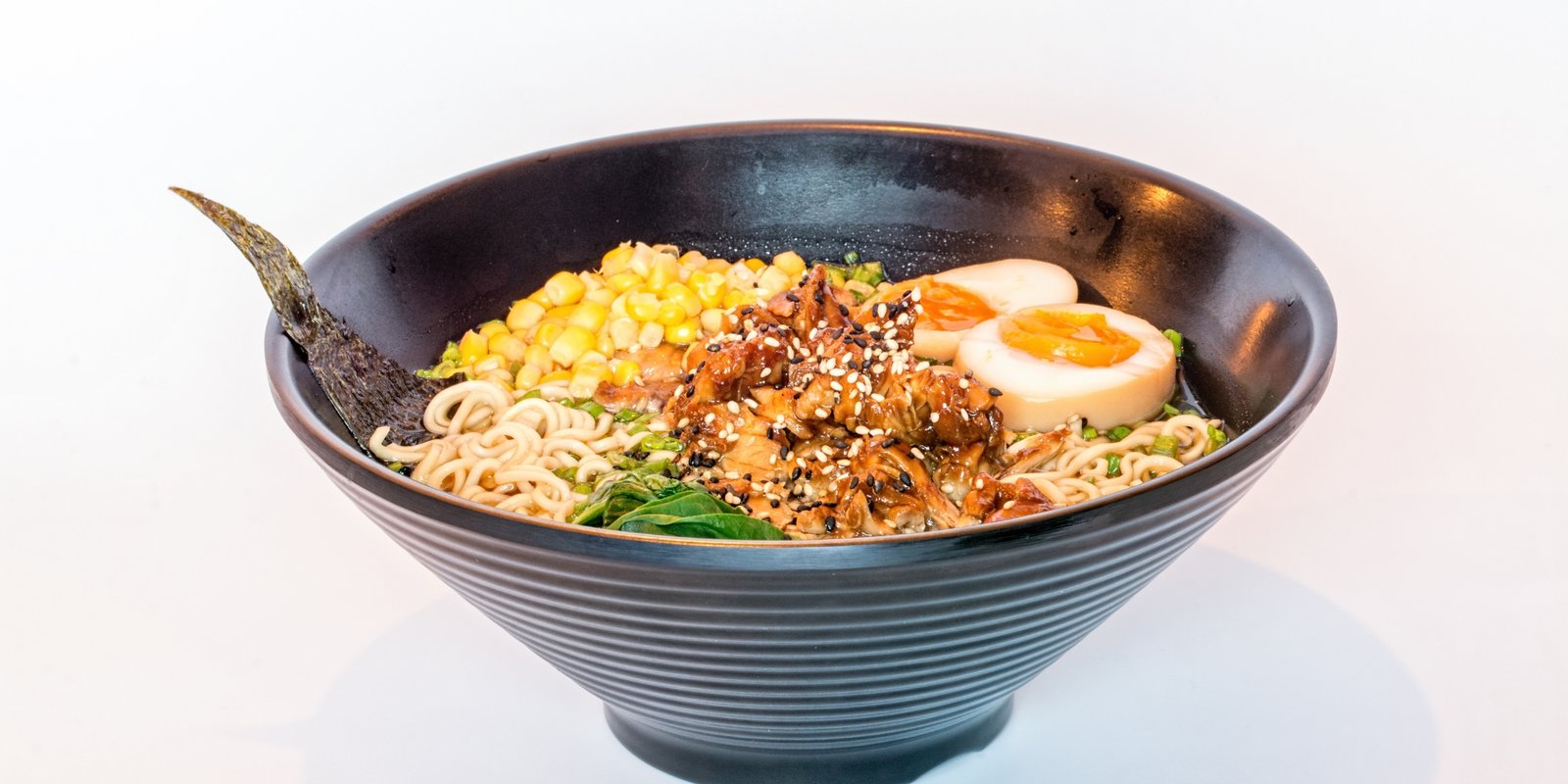The cloud kitchen industry continues to evolve rapidly, driven by technological advancements, shifting consumer preferences, and innovative business models. As we step into 2024, businesses must stay ahead of the curve by understanding the latest trends shaping the cloud kitchen setup landscape. Below, we delve into the top ten trends that are revolutionizing the way cloud kitchens operate and thrive in today’s competitive market.
1. Automation in Kitchen Operations

Automation is reshaping cloud kitchens, from inventory management to food preparation. Smart devices and IoT-enabled equipment are now commonplace, enabling cloud kitchens to:
- Optimize inventory through predictive analytics.
- Reduce human error with automated cooking equipment.
- Enhance efficiency with AI-driven order processing systems.
Robotic kitchen assistants are also becoming a popular investment, ensuring consistency in food quality while minimizing labor costs.
2. Expansion of Multi-Brand Cloud Kitchens
Multi-brand cloud kitchens are a growing phenomenon in 2024. Operators now leverage shared resources to host multiple food brands under one roof. This model allows:
- Diversification of offerings to cater to varied consumer preferences.
- Higher profitability through resource optimization.
- Increased market reach by tapping into niche food categories.
Businesses like Rebel Foods and Kitchen United exemplify this trend by managing diverse brands seamlessly.
3. Emphasis on Sustainability and Green Kitchens
With consumers demanding eco-friendly practices, sustainability is a key focus for cloud kitchens in 2024. Some prevalent strategies include:
- Transitioning to energy-efficient appliances.
- Reducing plastic usage by adopting biodegradable packaging.
- Implementing food waste management systems to minimize environmental impact.
Cloud kitchens that align their practices with sustainability gain consumer trust and establish a competitive edge.
4. Hyper-Personalized Customer Experiences

The demand for personalized food experiences is on the rise. Cloud kitchens leverage advanced data analytics to analyze customer preferences and offer tailored menu options. Key implementations include:
- Customized meal plans based on dietary requirements.
- Dynamic menus that adapt to local tastes and trends.
- AI-powered suggestions to enhance the ordering experience.
Hyper-personalization improves customer loyalty and encourages repeat business.
5. Integration of Cloud Technology
Cloud-based solutions are integral to the operational success of cloud kitchens in 2024. These technologies facilitate:
- Real-time tracking of order statuses.
- Streamlined communication between kitchens and delivery partners.
- Centralized data management for multi-location operations.
Cloud technology not only enhances efficiency but also ensures transparency across the supply chain.
6. Increased Focus on Virtual Reality and Immersive Branding
As competition intensifies, cloud kitchens are investing in virtual reality (VR) and immersive branding experiences. VR allows customers to:
- Virtually tour kitchens to assess hygiene and food preparation standards.
- Engage with interactive content that builds brand loyalty.
- Participate in gamified ordering experiences.
Immersive branding enhances customer engagement, setting businesses apart from competitors.
7. Rise of Ghost Franchises
The concept of ghost franchises—virtual brands created solely for delivery—is gaining traction. Cloud kitchens utilize ghost franchises to:
- Test new concepts with minimal investment.
- Quickly adapt to emerging food trends.
- Scale operations without the constraints of physical outlets.
These digital-first brands maximize profitability while mitigating risks.
8. Advanced Delivery Solutions

Fast and efficient delivery remains a cornerstone of cloud kitchen success. Innovations in this area include:
- Deployment of autonomous delivery vehicles and drones.
- Smart routing systems powered by AI to reduce delivery times.
- Collaborations with third-party platforms for wider reach.
Advanced delivery solutions enhance customer satisfaction by ensuring timely and accurate order fulfillment.
9. Health and Wellness-Centric Menus
The rise of health-conscious consumers has prompted cloud kitchens to offer more wellness-oriented options. Popular trends include:
- Plant-based and vegan menu items.
- Nutrient-dense meal prep kits.
- Calorie-conscious dishes tailored to fitness enthusiasts.
These offerings align with the growing preference for healthier eating habits, attracting a broader audience.
10. Data-Driven Decision Making
Data analytics plays a pivotal role in cloud kitchen strategy. Businesses utilize insights to:
- Predict peak demand times for better resource allocation.
- Monitor customer behavior and preferences.
- Identify underperforming menu items and optimize offerings.
By harnessing data effectively, cloud kitchens can make informed decisions that drive growth and profitability.
Conclusion
The cloud kitchen industry is at the forefront of innovation in the food delivery sector. These 2024 trends not only reflect the technological and operational advancements in the space but also underline the evolving expectations of consumers. By embracing these trends, cloud kitchen operators can position themselves for sustained success and stay competitive in an ever-changing market.
FAQs
Q1. What is a cloud kitchen setup?
A cloud kitchen setup is a delivery-only restaurant model without a dine-in option, focusing on online orders.
Q2. Why is automation important in cloud kitchens?
Automation improves efficiency, reduces errors, and lowers operational costs, making cloud kitchens more competitive.
Q3. What are the benefits of multi-brand cloud kitchens?
Multi-brand cloud kitchens save resources, diversify offerings, and cater to varied customer preferences under one roof.
Q4. How can cloud kitchens implement sustainability?
Cloud kitchens can use energy-efficient appliances, reduce waste, and switch to biodegradable packaging.
Q5. What are ghost franchises?
Ghost franchises are virtual brands created for online delivery, allowing businesses to test and scale with minimal investment.







